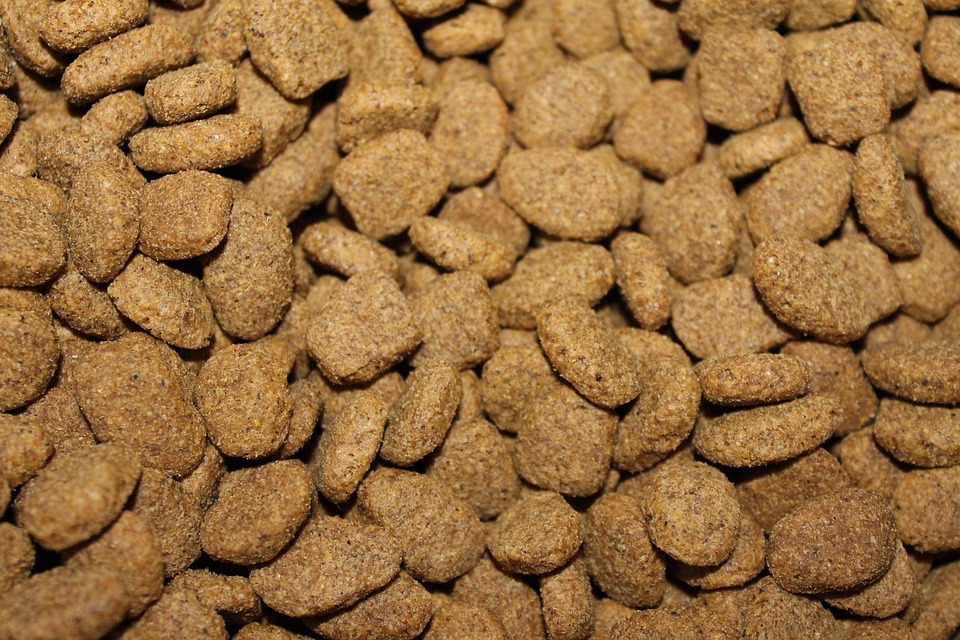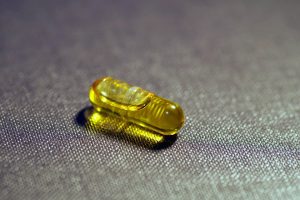
Feeding Felines: Expert Tips for Navigating Kitten Nutrition and Raising Healthy Cats
Ensuring that your kitten has a healthy start in life is crucial for their development into a strong and vibrant adult cat. Proper nutrition is a fundamental part of this process, requiring careful consideration and understanding. Whether you’re a new kitten parent or a seasoned cat owner, understanding the nuances of kitten nutrition can make a significant difference in your pet’s health and well-being.
The Importance of Proper Nutrition
Nutrition plays a vital role in your kitten’s growth and development. It impacts everything from their physical health to their cognitive abilities. A well-balanced diet provides the necessary nutrients for bone development, muscle growth, and a healthy immune system. Without proper nutrition, kittens may face a variety of health issues, including stunted growth, weakened immunity, and behavioral problems.
Understanding Kitten Nutritional Needs
Kittens have specific nutritional needs that differ from those of adult cats. Their bodies require more protein, fat, and certain vitamins and minerals to support rapid growth and development. Here are some key components of a kitten’s diet:
- High-Quality Protein: Protein is essential for growth and development. Kittens need more protein than adult cats to support their active lifestyle and growing bodies.
- Healthy Fats: Fats provide energy and aid in the absorption of fat-soluble vitamins. They are also important for brain development and maintaining a healthy coat.
- Vitamins and Minerals: Vitamins such as A, D, and E, along with minerals like calcium and phosphorus, are crucial for bone health and overall development.
- Omega-3 and Omega-6 Fatty Acids: These essential fatty acids support brain development and maintain healthy skin and fur.
Choosing the Right Food for Your Kitten
With so many options on the market, selecting the right food for your kitten can be overwhelming. Here are some tips to help you make an informed choice:
- Look for AAFCO Approval: Ensure that the kitten food you choose meets the standards set by the Association of American Feed Control Officials (AAFCO). This ensures that the food provides complete and balanced nutrition for growing kittens.
- Consider Life Stage-Specific Formulas: Opt for foods specifically formulated for kittens. These products are designed to meet the unique nutritional needs of young cats.
- Check the Ingredients: Look for foods with high-quality protein sources, such as chicken or fish, listed as the first ingredient. Avoid foods with excessive fillers or artificial additives.
- Consult Your Veterinarian: Your vet can provide personalized recommendations based on your kitten’s breed, age, and health status.
Feeding Schedule and Portion Control
Establishing a regular feeding schedule is important for your kitten’s digestion and behavior. Here’s how to manage this effectively:
- Frequent Meals: Young kittens need several small meals throughout the day. Typically, four to five meals are recommended for kittens under six months old.
- Portion Control: Overfeeding can lead to obesity, which is a common issue in cats. Follow the feeding guidelines on the food package and adjust based on your kitten’s growth and activity level.
- Transitioning to Fewer Meals: As your kitten grows, you can gradually reduce the number of meals to two or three per day by the time they reach six months.
Wet vs. Dry Food: Making the Right Choice
Both wet and dry foods have their pros and cons. Understanding these can help you make the best decision for your kitten:
- Wet Food: High in moisture content, wet food can help with hydration and is often more palatable to picky eaters. It’s an excellent option for kittens who need encouragement to eat or drink.
- Dry Food: More convenient and can contribute to dental health by reducing tartar buildup. However, it contains less moisture, so ensure your kitten has access to fresh water at all times.
- Mixed Feeding: Offering a combination of wet and dry food can provide the benefits of both. This approach can also add variety to your kitten’s diet, making mealtime more exciting.
Hydration: The Key to a Healthy Kitten
Hydration is just as important as nutrition. Kittens need plenty of fresh water to maintain their health. Here are some tips to ensure your kitten stays hydrated:
- Provide Fresh Water: Always have clean, fresh water available. Change the water daily to ensure it remains appealing to your kitten.
- Encourage Drinking: Some cats prefer running water. Consider investing in a pet water fountain to encourage your kitten to drink more.
- Monitor Water Intake: Keep an eye on how much your kitten is drinking. Excessive thirst can be a sign of health issues, so consult your vet if you notice any changes.
Treats and Supplements: Proceed with Caution
Treats can be a great way to bond with your kitten and reward good behavior, but they should be given in moderation. Here’s how to handle treats and supplements:
- Limit Treats: Treats should not make up more than 10% of your kitten’s daily caloric intake. Choose healthy, low-calorie options and avoid overfeeding.
- Be Careful with Supplements: If your kitten is on a balanced diet, additional supplements are usually unnecessary and may even be harmful. Always consult your vet before introducing supplements.
Recognizing and Addressing Dietary Issues
Even with the best intentions, dietary issues can arise. Being aware of these issues and knowing how to address them is crucial for maintaining your kitten’s health:
- Allergies and Sensitivities: Some kittens may develop allergies or sensitivities to certain ingredients. Symptoms can include vomiting, diarrhea, and skin irritation. If you suspect an allergy, consult your vet for advice on dietary changes.
- Digestive Problems: If your kitten experiences digestive issues, such as frequent diarrhea or constipation, it may be a sign of a dietary imbalance. Your vet can help identify the problem and suggest appropriate dietary adjustments.
- Weight Management: Monitor your kitten’s weight and adjust their diet and exercise routine as needed. Regular vet check-ups can help ensure your kitten maintains a healthy weight.
Conclusion
Feeding your kitten the right way is one of the most important aspects of ensuring they grow into a healthy and happy adult cat. By understanding their nutritional needs, choosing the right food, setting a proper feeding schedule, and being mindful of treats and hydration, you can provide your kitten with the best start in life. Always consult with your veterinarian for personalized advice and guidance tailored to your kitten’s specific needs.
#ChatGPT assisted in the creation of this article.








